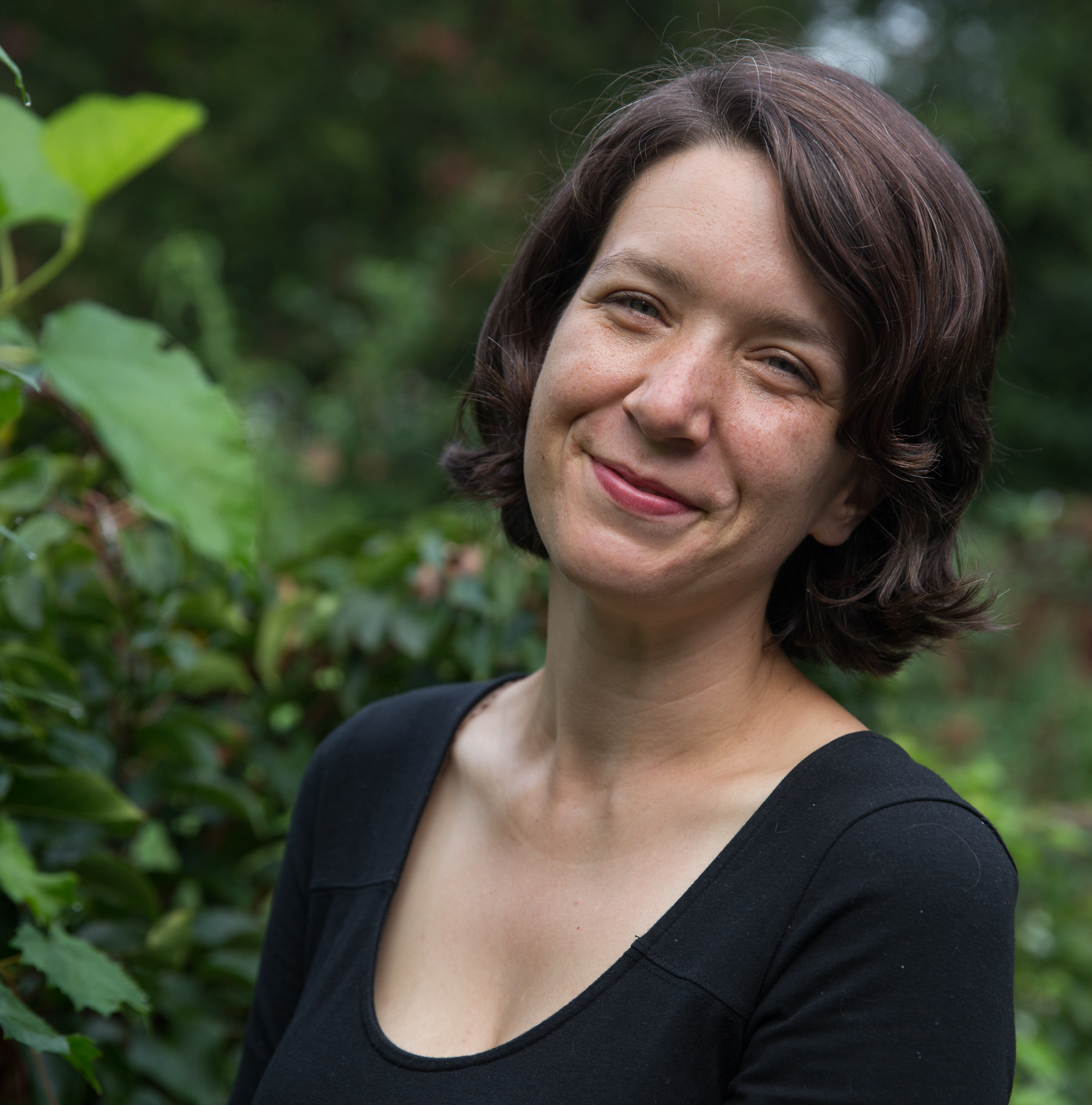Erin Jordan is a 6th year PhD candidate in the Department of Anthropology at the University’s Graduate School of Arts and Sciences. Her dissertation research focuses on working with women in rural Tanzania to understand how they aspire for and create meaningful changes for the next generation.
Erin's internship was with Encyclopedia Virginia under the mentorship of Peter Hedlund. She previously completed the Career Design and Communicating Research PhD+ modules.
Q. What are your post-PhD career aspirations?
I don't know what my career title might be, but I really enjoy getting to talk to people about what they are passionate about and then to communicate those passions to a wider audience. A job that involves collaborative projects, oral history, and multimedia storytelling would be perfect.
Q. Please summarize your PhD Plus internship.
I applied for the PhD Plus internship because I wanted more space for collaboration, creativity, and community. I'm very interested in public humanities and working at Encyclopedia Virginia gave me the opportunity to work on a supportive team of people whose jobs are self-sufficient but interwoven. I helped begin a feminist audit of the encyclopedia's past entries and created visual art and "audiograms" for their social media page. This also led to new ideas for my teaching, and to community connections that I hope to continue fostering.
Q. What professional skills did you develop during your internship?
Two key skills I learned were collaboration and trust. The team at EV is organized such that their projects are separate but interdependent. People rarely must wait or pressure each other to get things done so that others can do their jobs. Yet their tasks are interwoven so they are constantly thinking about the same ideas and questions. Similarly, no one seems overburdened with needles, stressful, or urgent tasks, which gives group members the opportunity to creatively engage with material, join interdepartmental working groups, and still have time, energy, and creativity to pursue their own projects at home. This is not a skill I have learned, and I appreciated getting to see how such a structure could work.
I was also able to apply and strengthen critical and technical skills by analyzing Encyclopedia Virginia's content in a feminist audit and by creating multimedia audiograms. When I expressed interest in engaging with as-yet-unused interviews and oral histories in future Encyclopedia Virginia content, the team encouraged this exploration, which has led to new connections and ideas.
Q. How did the internship support your career development?
This internship helped me to generate a portfolio of audiovisual resources that I could provide with pitches to other creative job opportunities. It also gave me a sense of the possibilities within large nonprofit organizations like Virginia Humanities, and a network of kind, intelligent folks to collaborate with in the future. I will definitely keep my eye out for jobs like this in the future.
Q. What advice would you give peers on utilizing PhD Plus internships for career development?
I would advise you to look for internships you are really interested in - a job you would seriously consider taking. It gives you the opportunity to try on the role and to see the kinds of people you might be working with. I also think you should try to bring who you are to it - what you can uniquely bring to the organization. Finally, setting clear expectations and boundaries with your team really helps - what they need from you but also what you need from them.

